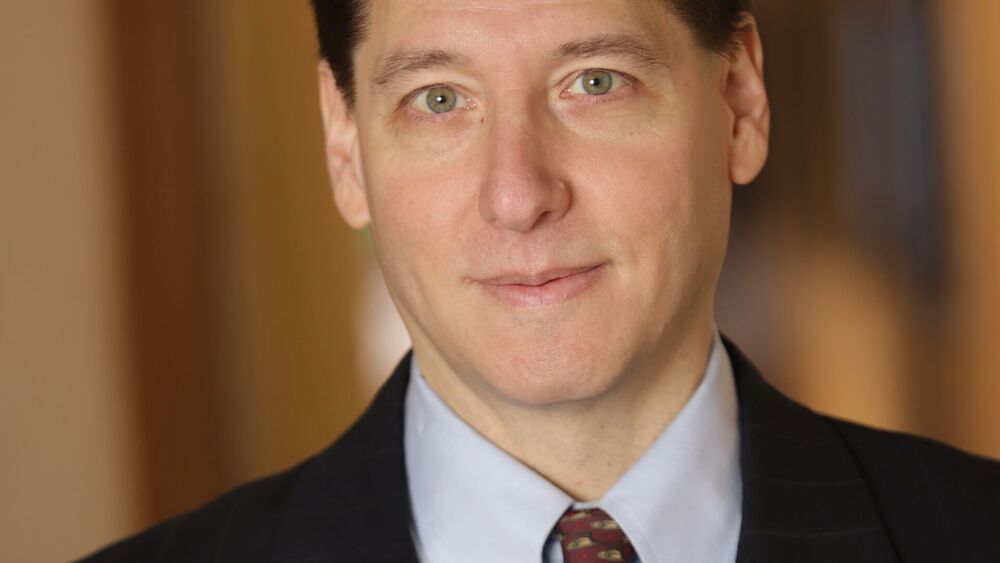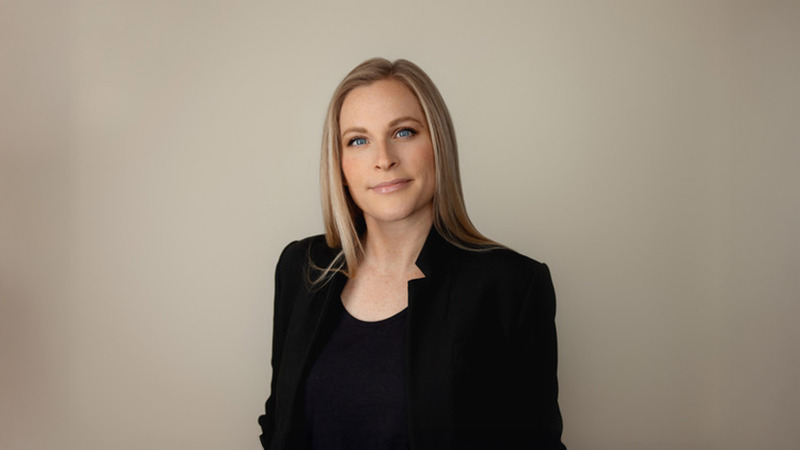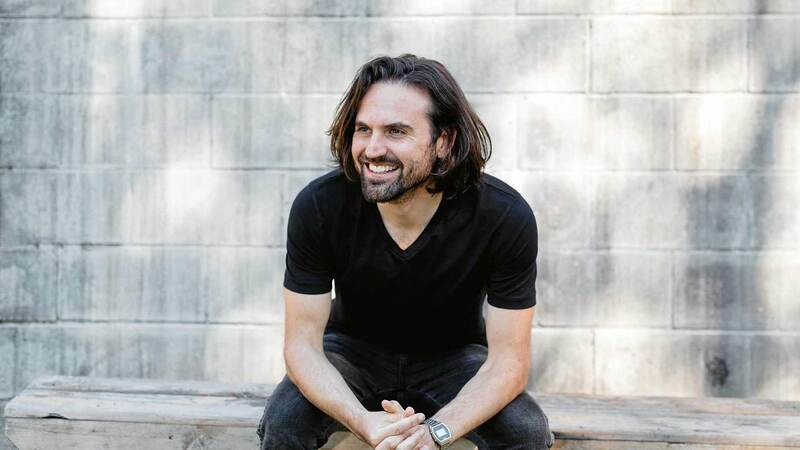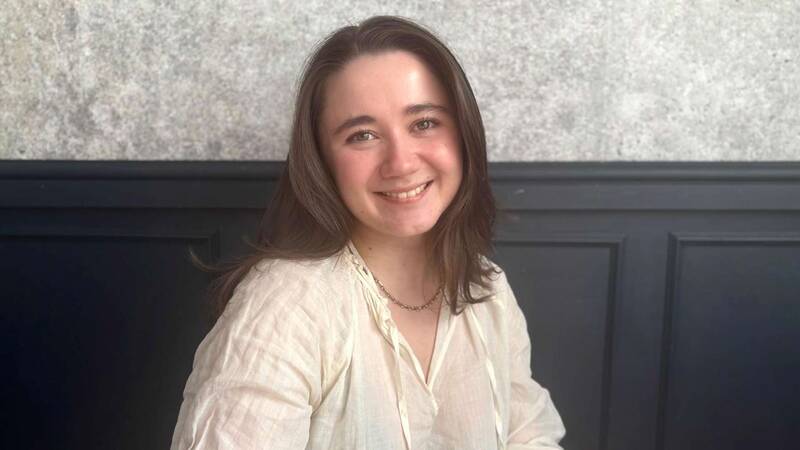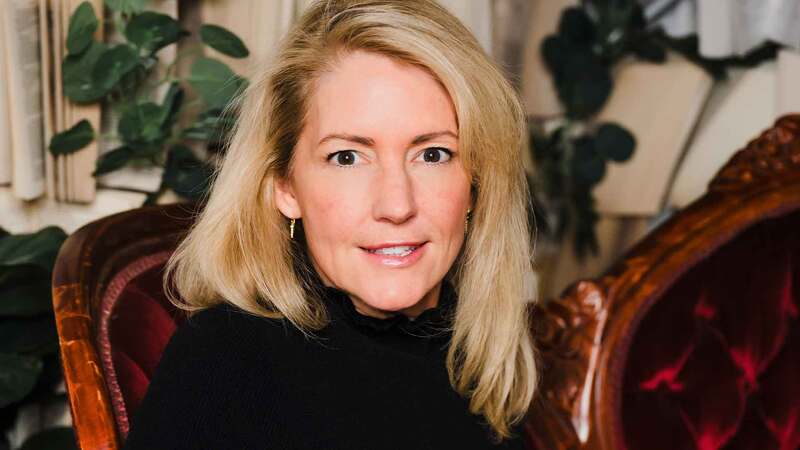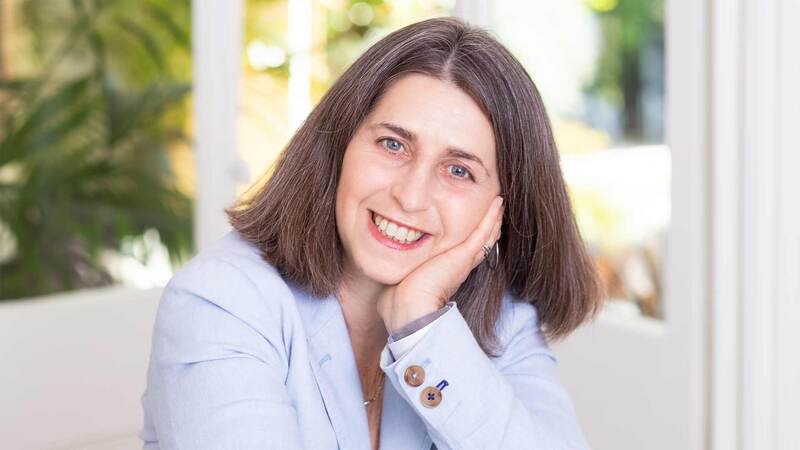You are viewing your 1 free article this month. Login to read more articles.
US Book Show discusses costs, discoverability and AI at energised event
At the US Book Show the energy was palpable; panels were sharper, more diverse, more geared to practical applications; and speakers were good, with costs, discoverability and AI under discussion.
Imagine UK publishing without the London Book Fair. Since 2020, the US, and New York—which thinks it’s at the centre of everything—have had no Book Expo. Starting in 2021, Publishers Weekly (PW) stepped up virtually, and last year in hybrid form over several days, to gather at least some of the clan. Those efforts were appreciated, but also criticised. This time around—the event took place on 22nd May 2024—we saw something better.
A thousand registered, and more than 800 attended the fourth iteration of PW’s US Book Show, held in conjunction with the Association of American Literary Agents in person at New York University and packed into a single day. The show responded to hunger for an in-person event that would include publishers, editors, and agents who are starting out, as well as those more established. The energy was palpable; panels were sharper, more diverse, more geared to practical applications; and speakers were good, ranging from Simon & Schuster c.e.o. Jonathan Karp to Spotify Audiobooks vice president Owen Smith. True, one headliner didn’t make it, but the reason was obvious: Reagan Arthur, Sonny Mehta’s chosen successor as the Knopf imprint’s publisher, had lost her job in a surprise announcement from Penguin Random House two days earlier.
The Book Show began with a c.e.o. panel featuring Karp, Scholastic’s Peter Warwick, library supplier Baker & Taylor’s Aman Kochar, and Mary McAveney of Abrams. Warwick described himself as "optimistic: what excites me is that there’s never been a greater need than now to support and fund literacy across many countries. . . Publishing is nothing if not innovative, and the rise of graphic novels may not be to every parent’s taste," but having published Dav Pilkey’s latest Dog Man in March and already sold 740,000 copies, Warwick was sure "we will see more [such] innovation going forward".
McAveney welcomed "systemically, a groundswell of independent publishers and independent authors finding their way through to consumers". Karp’s outlook was generally bright: audio is "such an opportunity, it expands the time available for reading", he says. Kochar thinks growth will come from "authentic, diverse stories. We’re on the verge of a mental health epidemic; reading literature is good for mental health".
Warwick called AI "the elephant in the room", with the protection of rights and brand reputation essential, but he also recognised an opportunity to reach more customers and develop new readers. Karp countered, "it’s not an elephant, but more like the cicada in the room, with lots of buzzing and lots of screwing". For those not entomologically inclined, his reference is to two enormous broods of cicadas currently emerging from the ground in the US. "Rights are being infringed," Karp continued: "Google just agreed to pay $60m per year for rights to Reddit content. Authors and publishers should be paid, too. It’s very early days and will work its way through the courts."
Kochar suggested "flipping AI to IA: use it as an intelligent assistant to get more efficiency into the publishing life cycle". For Karp, getting books discovered was "the biggest challenge." Marketing people work "incredibly hard, but we all have to talk candidly as an industry. New ideas are what we should be seeking". McAveney agreed, suggesting that marketing sometimes feels "an insurmountable task . . . often abdicated to booksellers, librarians, teachers". Warwick saw "a virtuous circle" for stories, with books transferred to big and small screens and in turn stimulating more reading. But in an era when many families are having to live on less, "we have to make books affordable", and need a global supply chain to do so. It’s currently threatened. Warwick pointed to all sorts of costs going up. Everybody wants to have a strong brand, but "a strong brand is a target; we’re spending 15% more each year on cyber security".
Two notable factors about the show were its diversity, both on panels and in the audience, and how opportunity was made for young people to speak out, and not just in a Young Publishing Forum. The need for role models was raised (as well as the fact that one of the most prominent African Americans in publishing, Lisa Lucas, brought in four years ago to run Pantheon and Schocken, was fired by Penguin Random House along with Reagan Arthur).
The effects of virtual work on mentoring and networking were discussed, and the virtues of sometimes doing things the old-fashioned way. A young Simon & Schuster senior editor, Yahdon Israel, described how picking up the phone and having a five-minute conversation with an agent is preferable, both more efficient and more personal, than a three-day email thread. It came as something of a revelation.
The US Book Show will have to grow even if it wants to stay the same: some sessions were standing room only, with simulcasts taking place in overflow rooms. Whether it dreams of expanding to include other sectors—booksellers? librarians? more participants from outside New York? international visitors?—is a whole other matter. But this year, the organisers demonstrated that they’re learning, and sticking around for a while.






